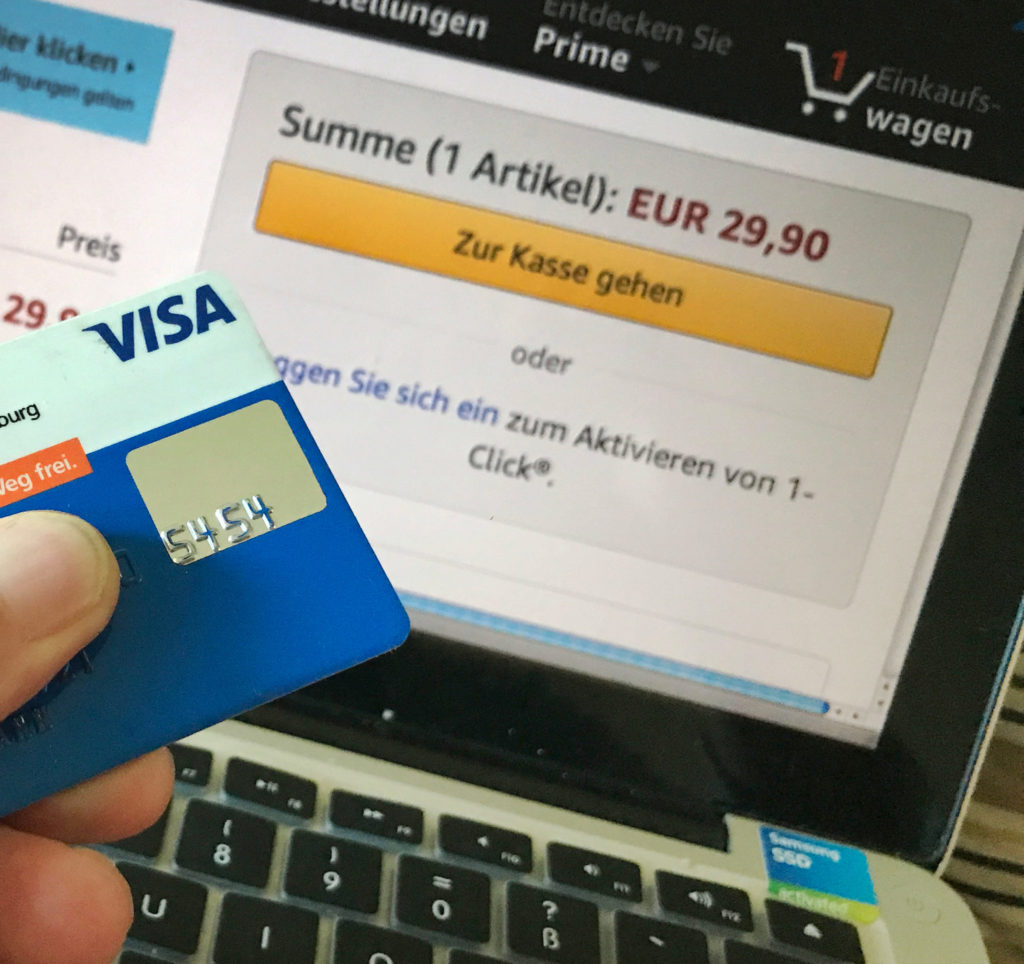Britain is now outside the European Union and the single market trading bloc.
A trade deal struck on December 24th means there are no tariffs or quotas on goods from the UK to the EU.
However, it is not as clear-cut as it would seem.
The Competition and Consumer Protection Commission (CCPC) has moved to clarify that customs charges only do not apply to goods that are made in the UK.
This means that if people are buying goods from Britain that were actually manufactured elsewhere, then they may be liable for customs duty and other charges.
VAT can also apply to purchases from the UK, regardless of where the product was manufactured.
However this excludes Northern Ireland.
The CCPC says it is also engaging with Revenue in relation to this issue.
'Proof of origin'
In a statement, it says: "The EU-UK Trade and Cooperation Agreement ensures tariff-free trade between the EU and the UK where the origin of the goods being imported or exported can be proven.
"This proof can be provided by using a statement of origin provided by the UK exporter or on the basis of the importer's knowledge.
"This means no tariffs will apply if goods entering the EU from the UK are proven to be of UK origin and a request for preferential treatment has been included on the customs declaration.
"Similarly no tariffs will apply if goods being exported to the UK from the EU are proven to be of EU origin."
 Online shopping with credit card | Image: FrankHoermann/SVEN SIMON/DPA/PA Images
Online shopping with credit card | Image: FrankHoermann/SVEN SIMON/DPA/PA ImagesIt adds: "When buying goods from the UK (excluding Northern Ireland), consumers need to be aware that only goods of proven UK origin are tariff free."
Some retailers have added on the value of any such taxes at the checkout.
Online retailer Amazon is implementing what it calls an 'Import Fees Deposit' on goods over €22.
This is an estimate of fees that may be payable on products.
But it says if the actual fees are less than the estimate, customers will be automatically refunded the difference.
Changes to the €22 threshold
Currently goods with a customs value - including cost, transport, insurance and handling charges - of €22 or less have no additional import charges on them.
But this will be changing from July 1st this year.
From this point, import VAT will be payable on all goods entering the European Union - regardless of their value.
This is due to a pan-EU change to simplify the process for cross-border e-commerce.
In fact, this was supposed to come into force across the bloc from January 1st of this year.
But due to difficulties created by the coronavirus pandemic, it was postponed by six months.









